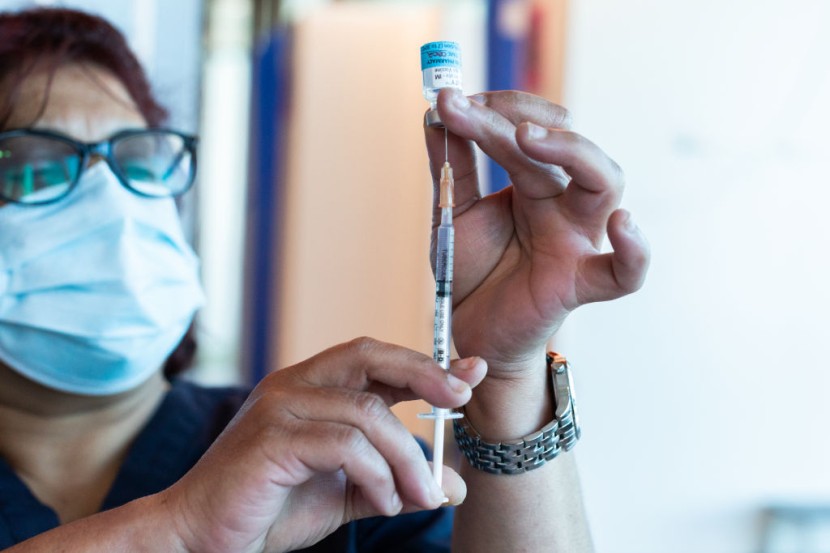The COVID-19 vaccines now being carried out in the UK are more effective against the Brazilian strain than previously assumed. Meanwhile, they appear nine times weaker against the South African variant, study claims.
More Effective Against Brazilian Variant

According to an Oxford University study, the AstraZeneca and Pfizer COVID-19 vaccines are equally effective against the P.1 variant that first appeared in Manaus against the Kent strain.
The vaccines, which are now in the hands of 25 million Britons, have proved to be highly successful against the Kent virus, with over 85% decreases in deaths and hospitalization rates. Scientists were originally concerned that the P.1 version would be vulnerable to vaccination because it shared various alarming mutations with the Kent strain, Daily Mail reported.
McConnell Slams Biden's Adults COVID-19 Vaccination Target
There have been 12 Brazilian variant cases in the UK so far, with nine in England and three in Scotland. Many of the patients had been to Brazil, either directly or indirectly. The researchers subjected vaccinated people's blood samples to different COVID-19 variants and tracked their antibody responses.
Compared to the original strain, the vaccines developed nearly three times fewer antibodies against the Kent and Brazil variants. According to the experts, there was already more than enough to combat the viruses.
When exposed to the South African variant, which has been observed in hundreds of people in the UK, the COVID-19 vaccines generated up to nine times fewer antibodies. Vaccine manufacturers have previously stated that the vaccines would also protect the vast majority of people from contracting the disease. They say that if a few vaccinated patients have it anyway, their effects will be limited to 'the sniffles.'
WHO Investigators Defend Wuhan Lab on COVID-19 Origins
Nine Times Weaker than South African Variant
Blood samples were taken from people who had natural bodies created by an infection and those who had antibodies caused by the AstraZeneca or Pfizer COVID-19 vaccines. The vaccinations failed further for the South African variant, resulting in a nine-fold and 7.6-fold decrease in virus neutralization reaction for the variant, respectively. According to the Independent, the study suggests the South African variant is still the most concerning, meaning that it should be the subject of new vaccine development.
"These additional efforts to study the interaction between improvements in the virus and human immunity offer new perspectives that enable us to be prepared to adapt to more threats to our wellbeing from the pandemic virus, if we need to," said Professor Andrew Pollard, chief investigator on the Oxford University vaccine trial.
Since the results are timely, the research was released as a 'pre-print' on the bioRxiv website ahead of peer review. In comparison to the Victoria strain, the COVID-19 vaccines resulted in a nine times decrease in antibodies against the South Africa variant.
While this could seem to be a substantial reduction, experts agree that the vaccines produce several times more antibodies than are needed to defend against the original variants. Any reduction in effectiveness against the South African version may be slight - but not insignificant. They suggest further research is needed to truly comprehend the importance of such declines in antibody development, MSN reports.








